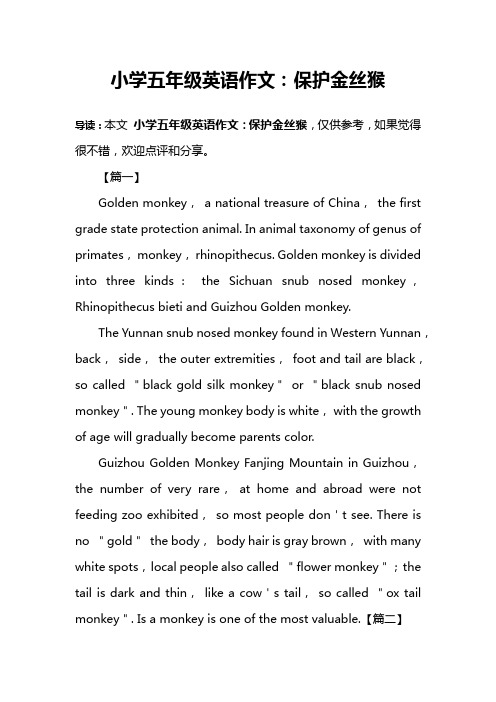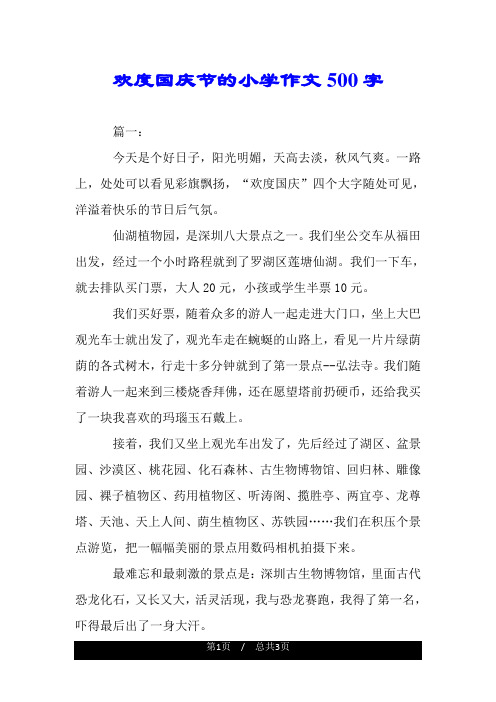以my family为题的英语作文(My family in English composition.)
My Family

Family is the cornerstone of our lives, providing us with love, support, and a sense of belonging. It is through our families that we learn about the world and develop our values and principles. In this essay, we will explore the importance of family and its role in shaping our lives. We will also discuss various aspects of family life, such as parenting, sibling relationships, and extended family dynamics. Finally, we will conclude by reflecting on the value of family and its impact on our overall well-being.
In order to effectively address the topic of family, it is essential to outline the key points we will cover. The first point will be an introduction to the concept of family and its significance. The second point will delve into the roles and responsibilities within a family. The third point will focus on the dynamics between parents and children, while the fourth point will explore the relationships between siblings. The fifth point will discuss the importance of extended family and community. Each point will include specific examples or anecdotes to illustrate the points being made. By breaking down the topic into manageable sections, we can provide a comprehensive overview of the importance of family.
Firstly, let's start with the introduction to the concept of family and its significance. A family is not just a group of individuals who share a genetic connection; it is a unit composed of people who care for one another, support each other's growth, and work together towards a common goal. The foundation of a strong family is built on trust, respect, and love. From childhood until adulthood, family members shape our personalities, values, and beliefs. They are our first teachers and our biggest cheerleaders. Without the guidance and support from family, it would be challenging to navigate life's ups and downs. Therefore, understanding the importance of family is crucial in appreciating its role in our lives.
Next, we will examine the roles and responsibilities within a family. In every household, there are different roles played by each member, contributing to the overall functioning of the family. Parents are responsible for providing financial stability, emotional support, and guidance for their children. They ensure that the basic needs of their children are met, including food, shelter, education, and healthcare. Children, on the other hand, have responsibilities too, such as helping with household chores, maintaining good academic performance, and showing respect towards their parents. Siblings often act as playmates and confidants, sharing experiences and learning from each other. By fulfilling these roles and responsibilities, family members contribute to creating a harmonious and functional household.
Moving on to the dynamics between parents and children, this relationship is fundamental in shaping a child's development. Positive parenting involves nurturing, discipline, and setting boundaries. Parents should encourage their children to express themselves, pursue their interests, and make informed decisions. Open communication is vital in maintaining healthy parent-child relationships. For instance, a mother might spend time talking with her teenage daughter about her dreams and aspirations. This conversation helps strengthen their bond and provides emotional support. Conversely, negative parenting can lead to conflict and misunderstanding, which may result in long-term psychological effects on the child. Therefore, fostering positive parent-child relationships is essential for a child's growth and happiness.
Sibling relationships also play a significant role in family dynamics. Being part of a sibling group allows children to experience companionship, competition, and mutual support. Siblings often share childhood memories, learn from each other, and develop friendships that last throughout their lives. However, sibling relationships can also be complex, especially during adolescence when personal identities start to form and conflicts arise. It is important for parents to mediate disputes among siblings and promote cooperation rather than competition. By fostering positive sibling relationships, families can create a supportive environment where all members feel valued and respected.
Lastly, we will discuss the importance of extending family and community. While immediate family members are crucial, extended family and community connections add depth to our lives. Grandparents, aunts, uncles, and cousins offer additional layers of support and guidance. Community networks, such as neighbors, friends, and local organizations, also play a vital role in providing social support and resources for families. These extended relationships help build a broader support system that enhances our overall well-being. For example, participating in community events or volunteer work can strengthen family bonds and foster a sense of belonging.

In conclusion, the concept of family encompasses much more than just biological connections. It represents a network of people who provide unconditional love, emotional support, and guidance throughout our lives. Through the roles and responsibilities within a family, parents and children, siblings, and extended family relationships, families shape our personalities and values. Embracing the importance of family can significantly improve our overall well-being and contribute to a fulfilling life. Let us cherish our families and appreciate the unique bonds we share, as they are the bedrock of our existence.




